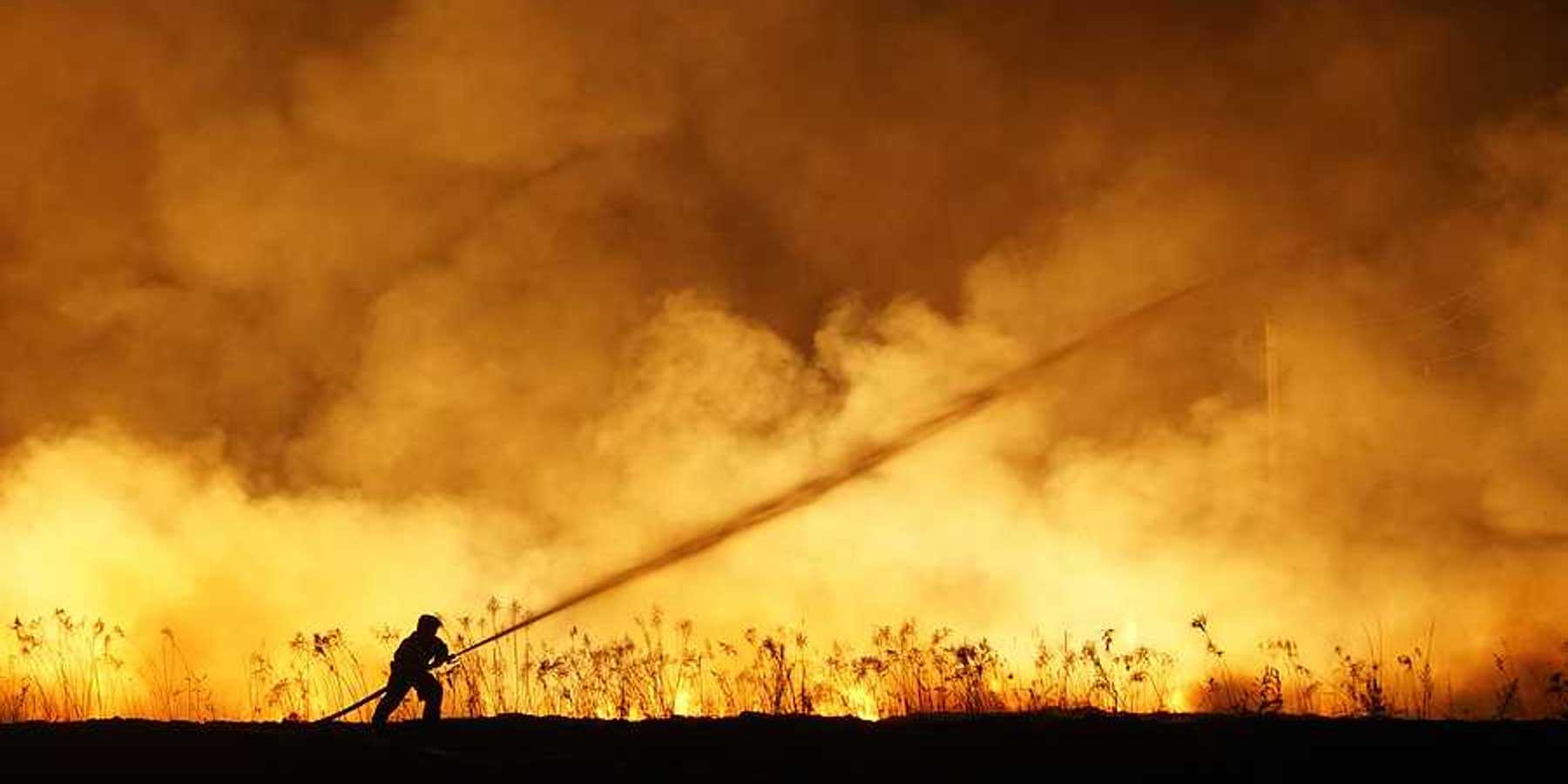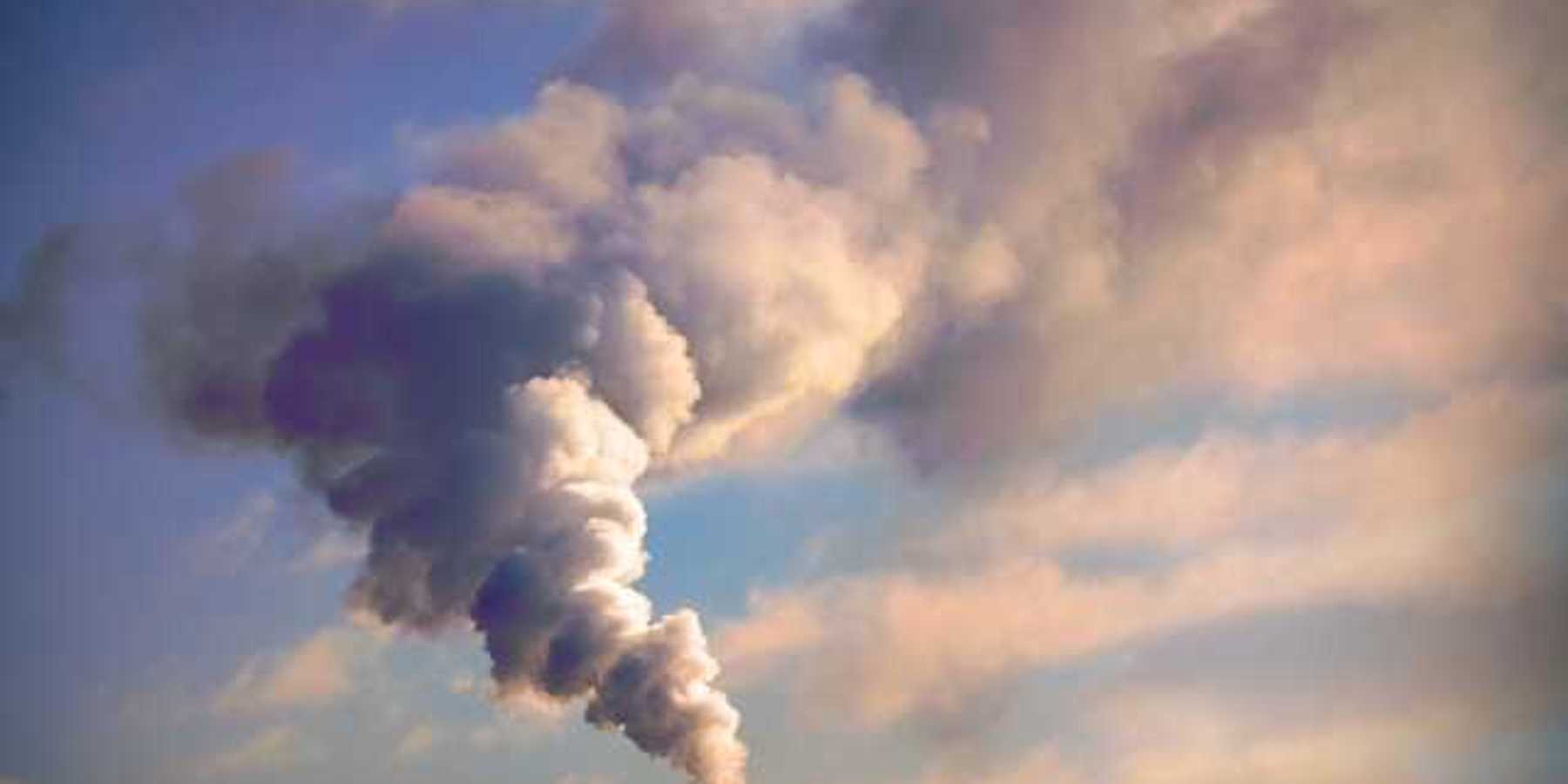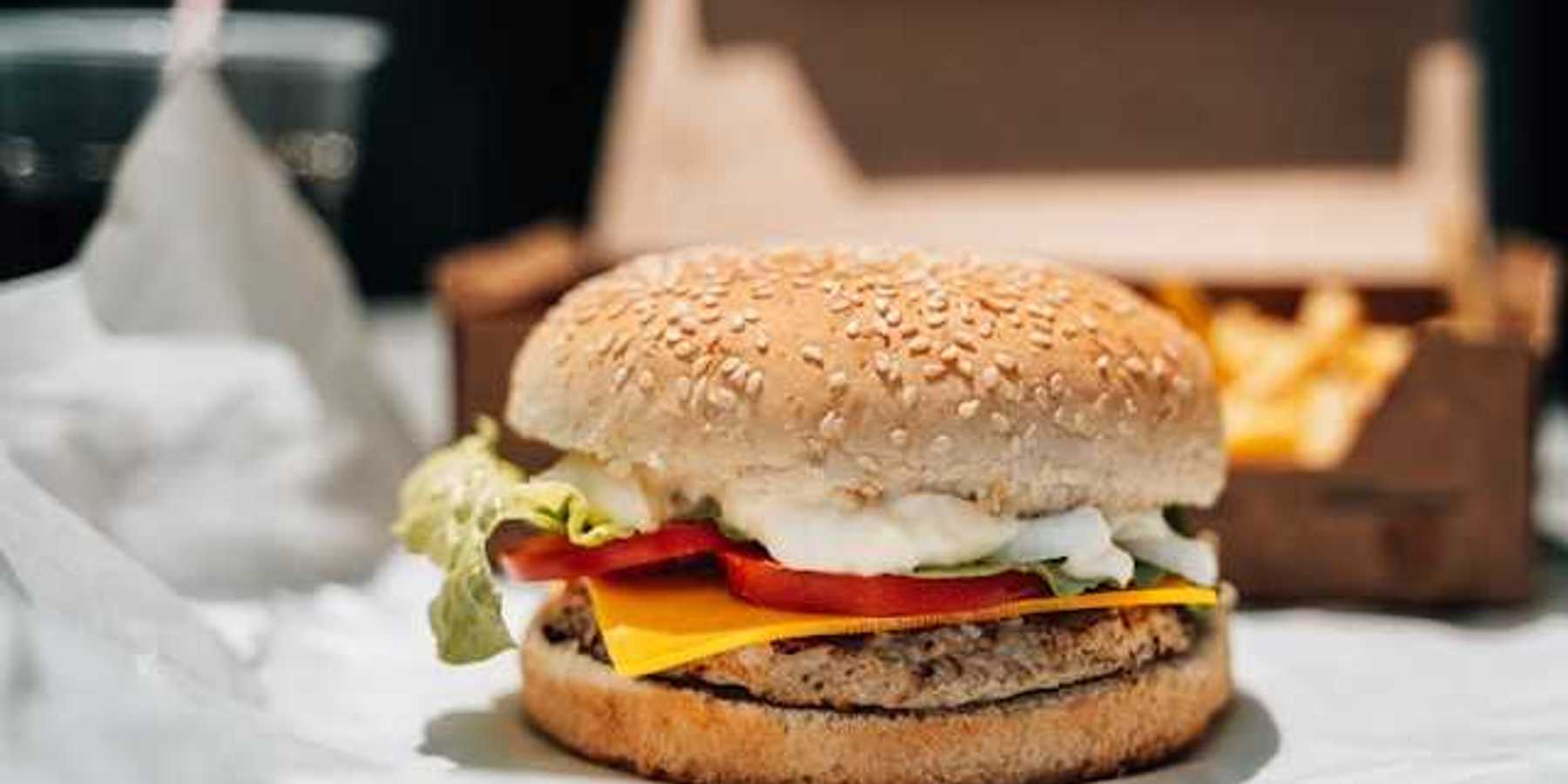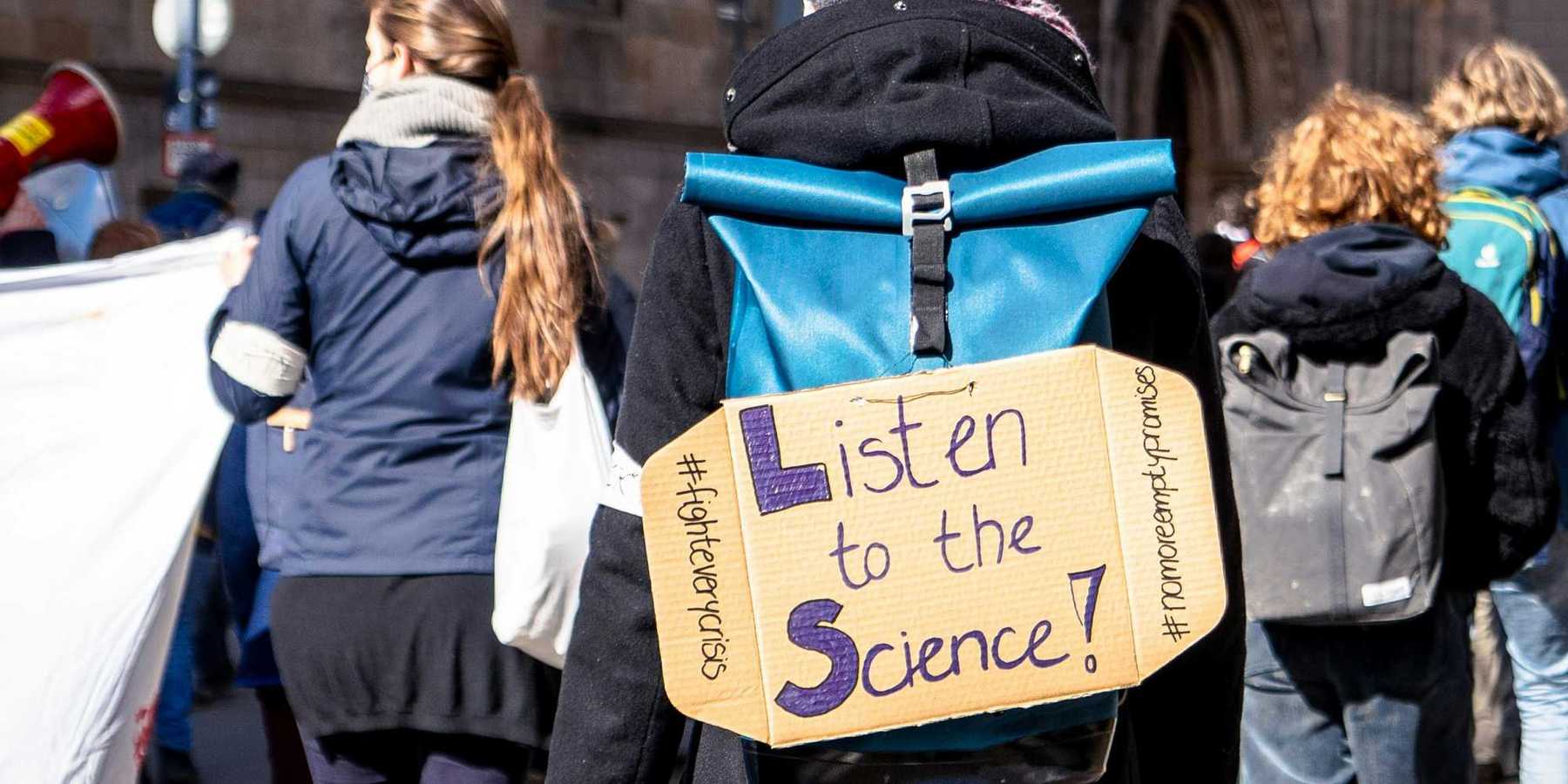Rising temperatures drive Middle East food prices higher
Extreme heat, referred to as "heatflation," is pushing up food prices in the Middle East, exacerbating economic challenges in the region.
Cathrin Schaer and Emad Hassan report for Deutsche Welle.
In short:
- Tomato prices in Iraq and Morocco have tripled due to extreme weather conditions, significantly impacting low-income families.
- Onion prices in Egypt also surged due to a combination of heatwaves and production costs, with some local traders contributing to the issue.
- The World Economic Forum defines "heatflation" as rising food prices caused by extreme heat, and studies predict significant increases in food costs by 2035, particularly in already hot regions.
Key quote:
"There is no question that heatflation exists. The empirical evidence is clear that climate change is having increasing impacts on agricultural output and food prices around the world."
— Ulrich Volz, economics professor and director of the Center for Sustainable Finance at SOAS, University of London
Why this matters:
Farmers are struggling to maintain their harvests as prolonged droughts and scorching temperatures devastate fields, reduce water supplies, and increase the cost of irrigation.
As a result, the cost of staples such as wheat, vegetables, and fruits has surged, straining the budgets of households already grappling with high inflation rates. For families, this means tougher choices at the market and the potential for increased food insecurity.













